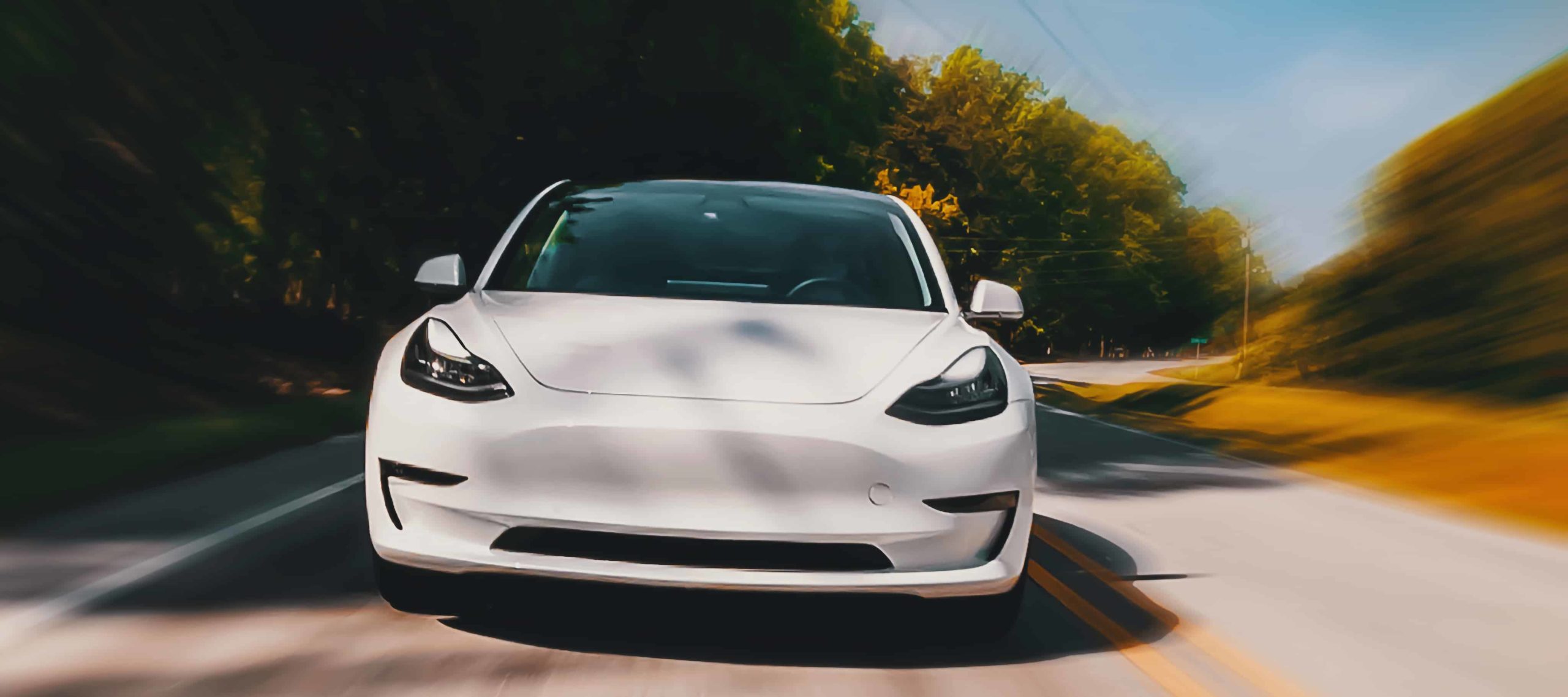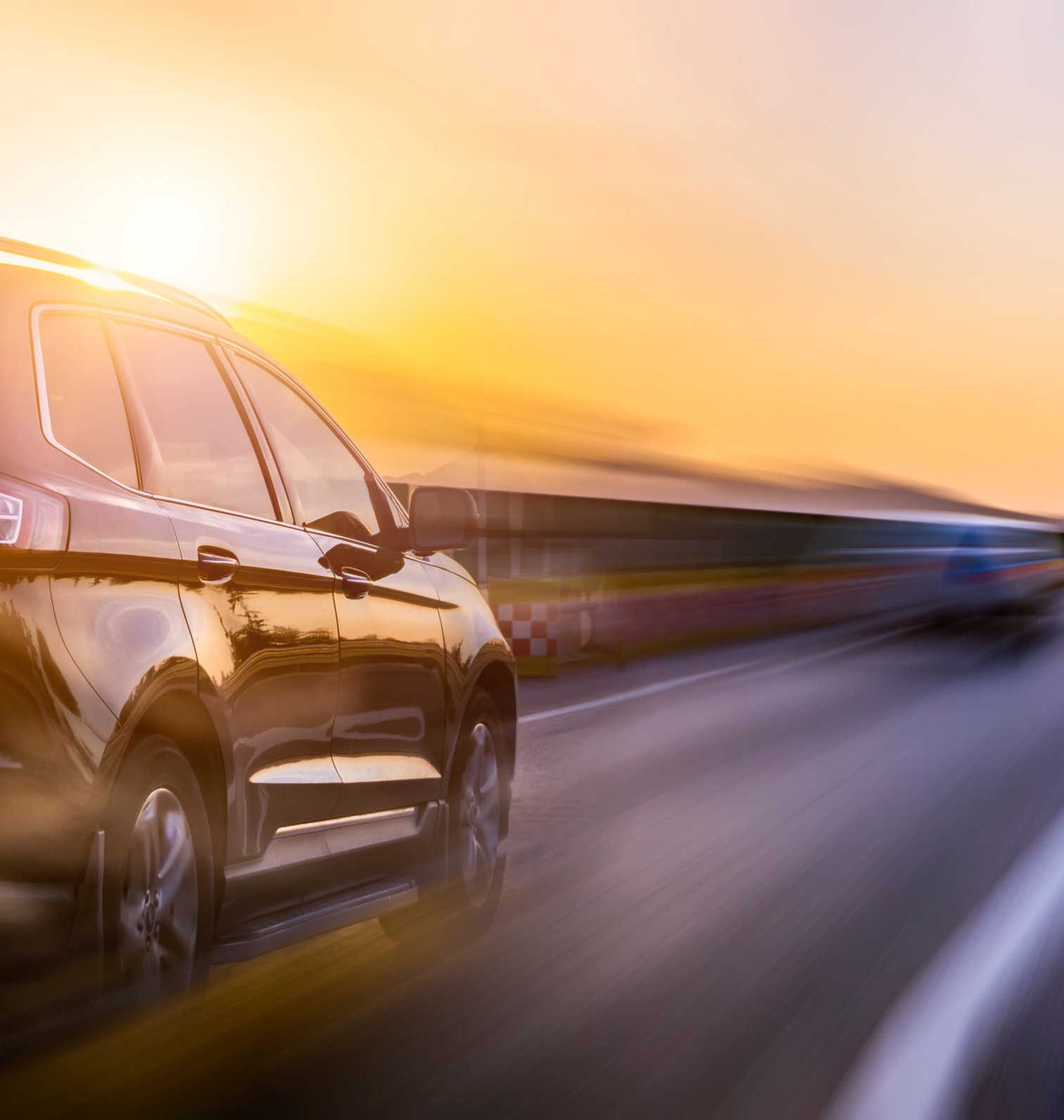Auto Insurance in Vermont



For many people, auto insurance isn’t something to think about often. Once you purchase a policy, you won’t need to think about it until you need to use your coverage after an accident or theft. However, this could leave you falling short on car insurance coverage or have you overpaying for a policy with bells and whistles that you do not really need.
Liability insurance is the basic minimum requirement by law in most states. In fact, New Hampshire is one of few states that doesn’t mandate this level of coverage. However, drivers in New Hampshire are still responsible for paying for damages resulting from an accident in which they are deemed at fault. In Vermont, New York, Massachusetts, and Maine, proof of minimum liability coverage is required for your vehicle. Liability insurance essentially pays for any damage to another driver’s vehicle or property when you cause an accident. The cheapest car insurance policies will only include this level of coverage, but most drivers should also look for additional coverage.
If you cause a collision and your car sustains damage, collision coverage will help you pay for repairs or receive the cash value for your totaled vehicle to go toward a new vehicle purchase. Collision coverage may also kick in if your vehicle rolls over or you strike another object with your vehicle.
Aside from collisions, there are many other sources of potential damage to your vehicle. Theft, vandalism, accidents involving wildlife, falling objects, and hail are all possible sources of damage that may be covered by comprehensive auto insurance.
Unfortunately, you can’t expect that everyone else is as responsible as you are when it comes to securing auto insurance coverage. Therefore, you may find yourself in a situation in which another driver causes an accident but cannot pay for the damage or has fled the scene of the accident. Uninsured and underinsured motorist coverage provides a safety net for situations of this nature. It is legally required in some states, but it’s a good idea to have anywhere.
After an auto accident, personal injury costs can be as high or even higher than vehicle repair costs. So, your policy may include personal injury protection insurance, which may cover up to 80% of medical costs and related expenses.

Your car insurance quote will depend on several factors including your driving record, address, the type of vehicle you drive, and your personal credit history. Working with an established agency that offers plans through a wide network of providers will help you find competitive car insurance rates.
If you’re looking for car insurance in Vermont, fill out the form at the bottom of this page to get a free insurance quote, or you can also reach out to us directly.
